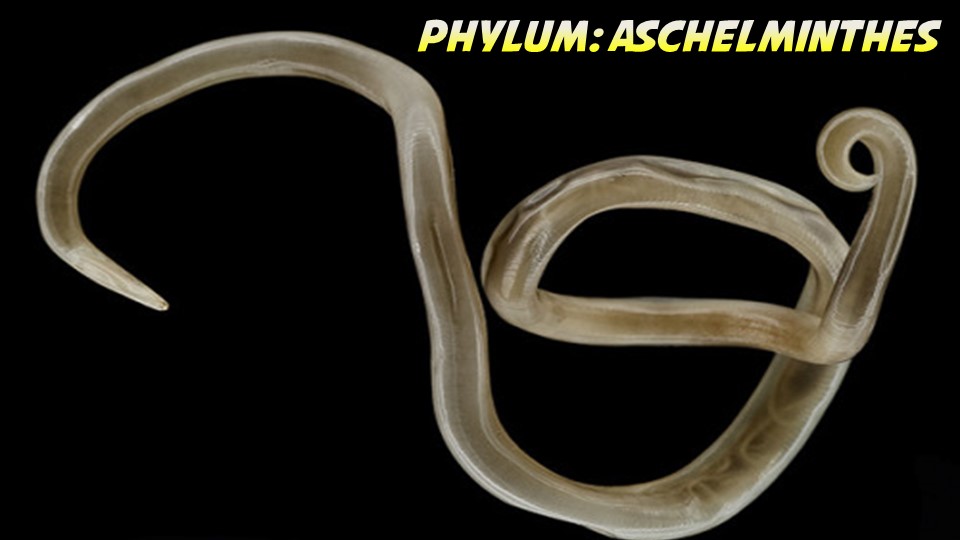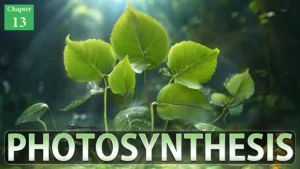Table of Contents
Aschelminthes Characteristics and Classification
After reading this article you will learn about Aschelminthes Characteristics and Classification
Aschelminthes General Characteristics
- Habit & habitat:- Aquatic and terrestrial. Free living or parasitic in plants & animals
- Aschelminthes are commonly referred to nematodes, roundworms & threadworms
- Nematodes have long, cylindrical body with tapering ends without segmentation
- Anterior end does not show distinct head
- Body wall consist of:- Cuticle – Non living and resistant to digestive enzymes of host. Epidermis –
- Syncytial epidermis beneath cuticle. Muscle layer – Only longitudinal muscle fibres present
- Skeleton system absent but fluid pressure in the psedocoelom maintains body shape called hydroskeleton
- Digestive system is complete and differentiated into mouth, Pharynx, Intestine and anus
- Respiration is through body surface by diffusion
- Excretory system consist of excretory canals which remove body waste through excretory pores.
- Nervous system comprises of nerve ring and longitudinal cords
- Sense organs
- Papillae – a receptor for the sense of touch
- Amphids – Chemoreceptor’s long the cuticle
- Phasmids – Chemoreceptor’s near the anus
- Ocelli – Eyespots found in aquatic nematodes
- Reproductive system is developed and saxes are separate
- Sexual dimorphism is present
- Male is smaller than female and curved from its caudal end
- Male has pineal setae for copulation. Genital tract joins with digestive tract to form cloaca
- Female is larger than male and straight at both ends. Genital and digestive tract open independently. Female lays a large number of fertilized eggs
- Fertilization is internal and development may be direct or indirect
Classification of Aschelminthes
Class 1. Phasmidia
- Mostly parasite
- Phasmids present
- Excretory system developed
- E.g. Wuchereria, Ascaris
Class 2. Aphasmidia
- Mostly free living
- Phasmids absent
- No excretory system
- E.g. Trichinella, Paramermis
For more detailed information about Animal Kingdom, visit YouTube Channel.



![[PPT] The living world Class 11 Notes](https://rajusbiology.com/wp-content/uploads/2024/06/PPT-The-living-world-Class-11-Notes-300x169.webp)

2 thoughts on “Aschelminthes Characteristics and Classification | Free Biology Notes”